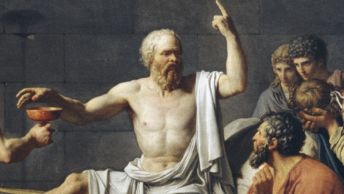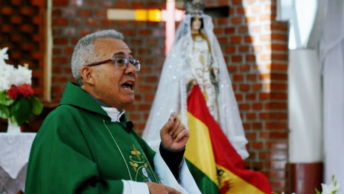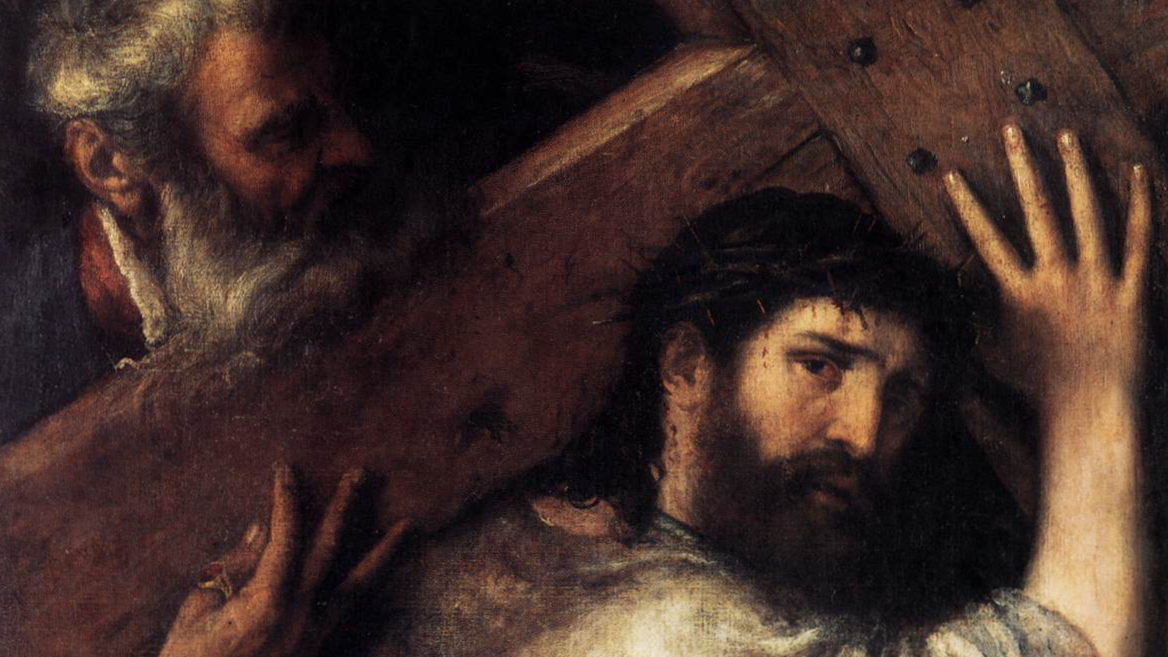 Some years ago, on a warm July evening, I remember my three-year-old daughter walking into the family room and exclaiming that there was something I needed to see. After climbing the stairs, we eventually made it to her bedroom window and witnessed the most beautiful fireworks exploding from miles away. As I knelt next to her, she gently nudged me and asked if we could walk outside in order to get a better look. Once there, we sat upon the lawn and enjoyed a special father/daughter moment.
Some years ago, on a warm July evening, I remember my three-year-old daughter walking into the family room and exclaiming that there was something I needed to see. After climbing the stairs, we eventually made it to her bedroom window and witnessed the most beautiful fireworks exploding from miles away. As I knelt next to her, she gently nudged me and asked if we could walk outside in order to get a better look. Once there, we sat upon the lawn and enjoyed a special father/daughter moment.
As a blanket of bright stars enveloped us, I realized that it had been a long time since I had looked up to view the beauty of the universe. It took a small child to open my eyes to the wonder of God’s creation. We find a similar moment of awe in Genesis:
Look up at the sky and count the stars, if you can. Just so, he added, shall your descendants be. Abraham put his faith in the Lord, who credited it to him as an act of righteousness.
On that evening, God made a covenant with Abraham and promised him that his descendants would be as countless as the stars. And Abraham’s response was to put his faith in the Lord. Under that night sky, Abraham chose to transcend his own reality and entrust his every step, movement, and breath to the Lord.
Today, we remind ourselves that Abraham’s reality is a long way from our own. Surely, if he lived in our time, he would see that everything once considered solid and sure has been turned upon its side. Our moral compass. Our productive economy. And the ways in which most Americans once lived; placing God, family, and country—first.
In Luke’s account of the Transfiguration, we do well to remember that Jesus takes Peter, John, and James up the mountain in order to pray. And as they pray, these key apostles are given a great gift. The Evangelist reveals that Our Lord’s face changed in appearance and his clothes became dazzling white. And while this was happening, the presence of Moses and Elijah (the key representatives of the Law and prophets) reveal Jesus as the fulfillment of God’s revelation to them. When they speak, they speak of the exodus that Jesus will accomplish in Jerusalem, an exodus that will manifest itself through our Lord’s passion, death, and resurrection. This exodus will require great faith on the part of the apostles. And as we know, it will tempt them to flee the Cross and lose hope, let alone embrace it.
 In pondering Jesus and his Holy Cross, the German priest, Thomas à Kempis, once wrote:
In pondering Jesus and his Holy Cross, the German priest, Thomas à Kempis, once wrote:
In the cross is salvation; in the cross is life; in the cross is protection from thy enemies. In the cross is infusion of heavenly sweetness; in the cross is strength of mind; in the cross is joy of spirit. In the cross is the height of virtue; in the cross is the perfection of sanctity. There is no health of the soul nor hope of eternal life but in the cross. (The Imitation of Christ, 2, 12)
Despite what the world tells us to look at, we should always be a people with our sights focused upon the high point: Jesus Christ and his Holy Cross. For in doing so, it is there that we will find true meaning in our lives. Meaning that comes from placing everything that we are and everything that we have been given at the disposal of others. Meaning that comes from truly believing that the prayers we pray in community and upon our hearts are not only heard, but have the capacity to change the world in which we live. In opening ourselves to God’s endless love, may He transform us into a new reality that we could never imagine.
Many millennia ago, our Lord invited Abraham to look up.
He invites us to do the same.








